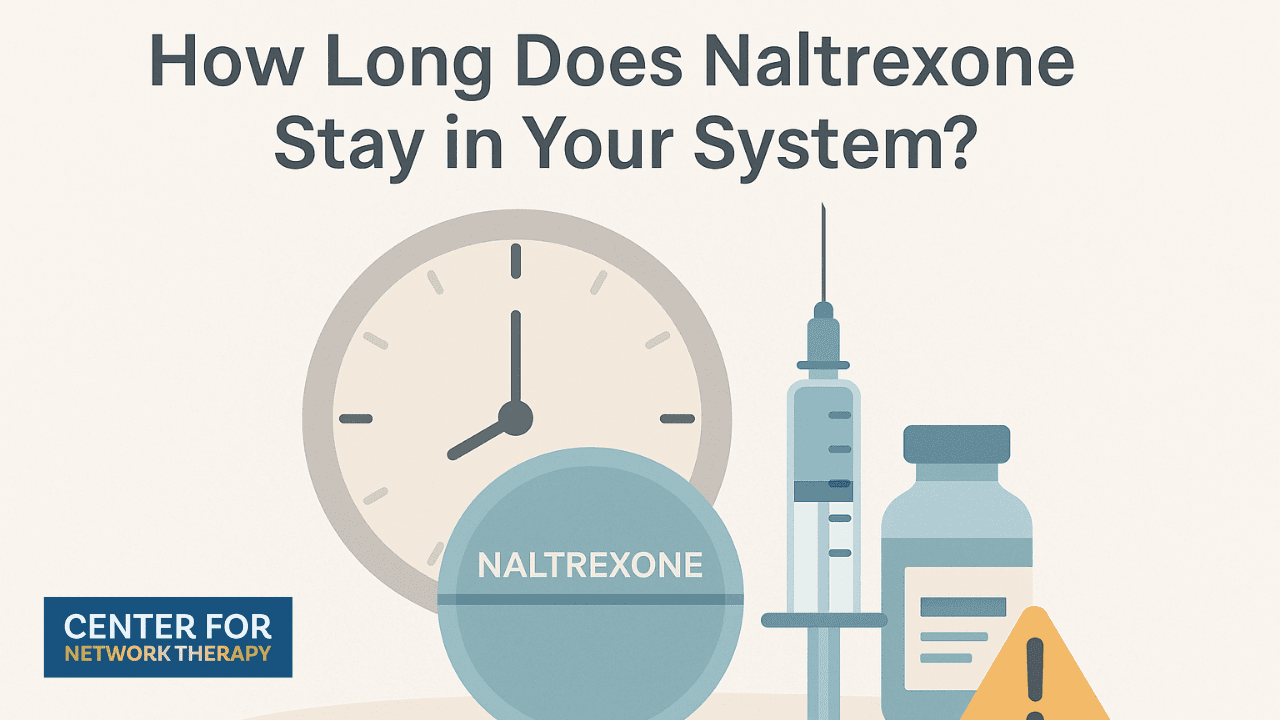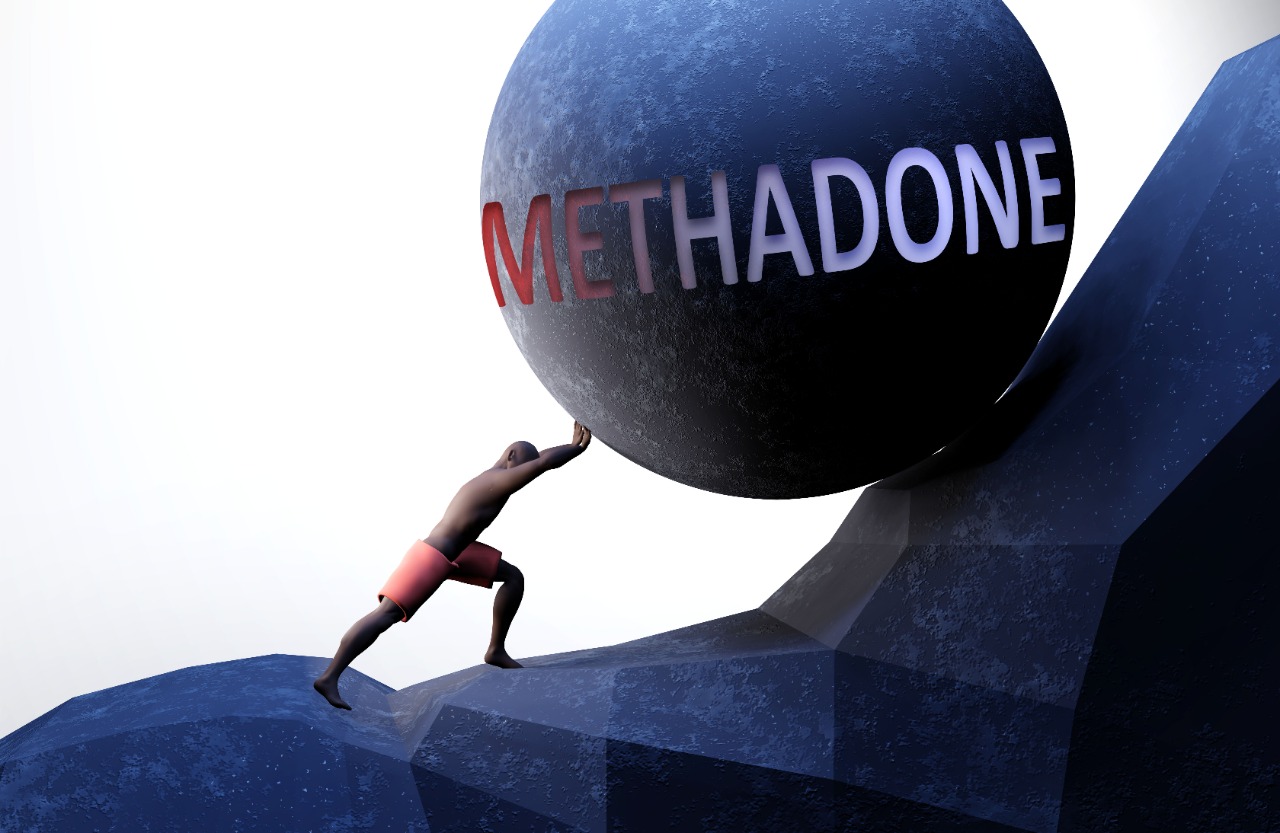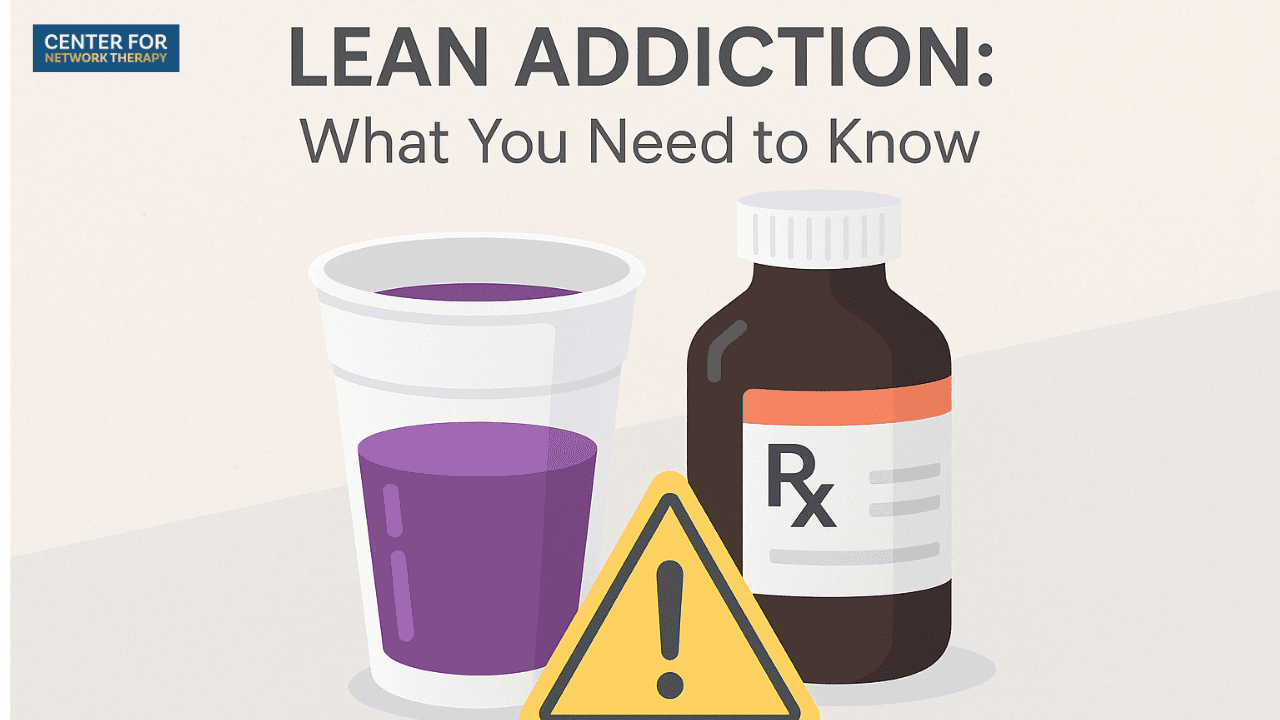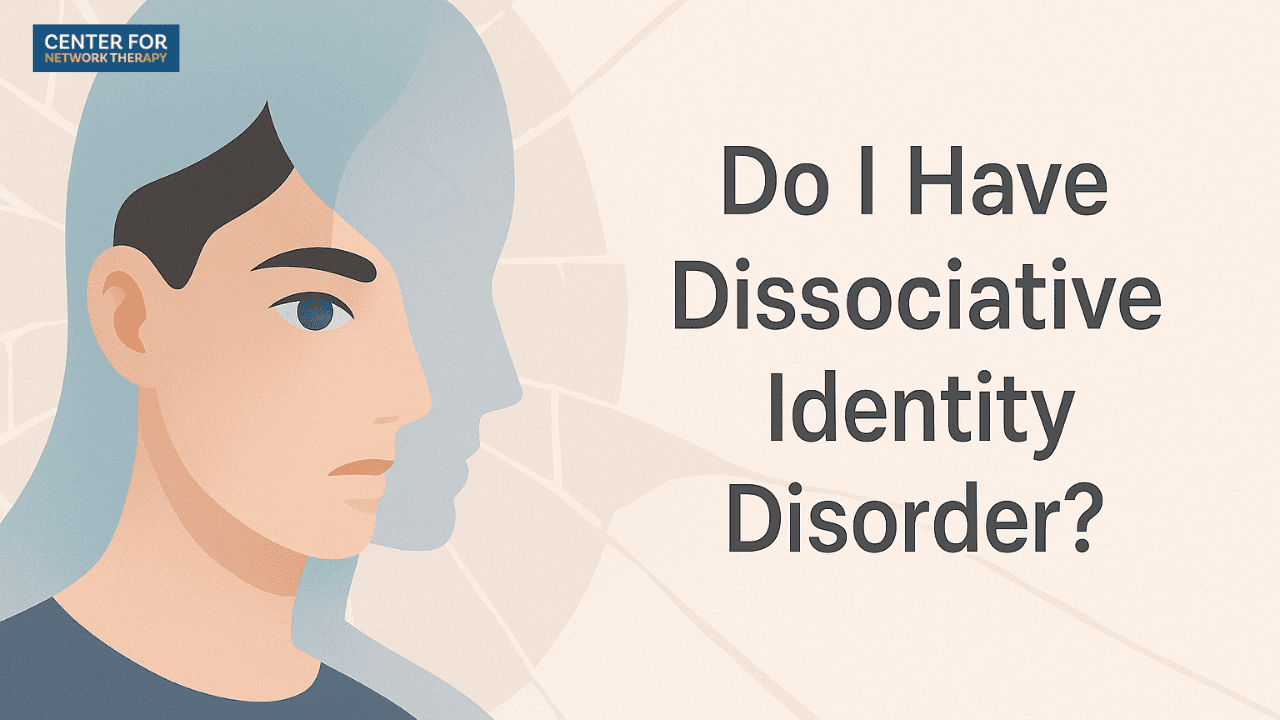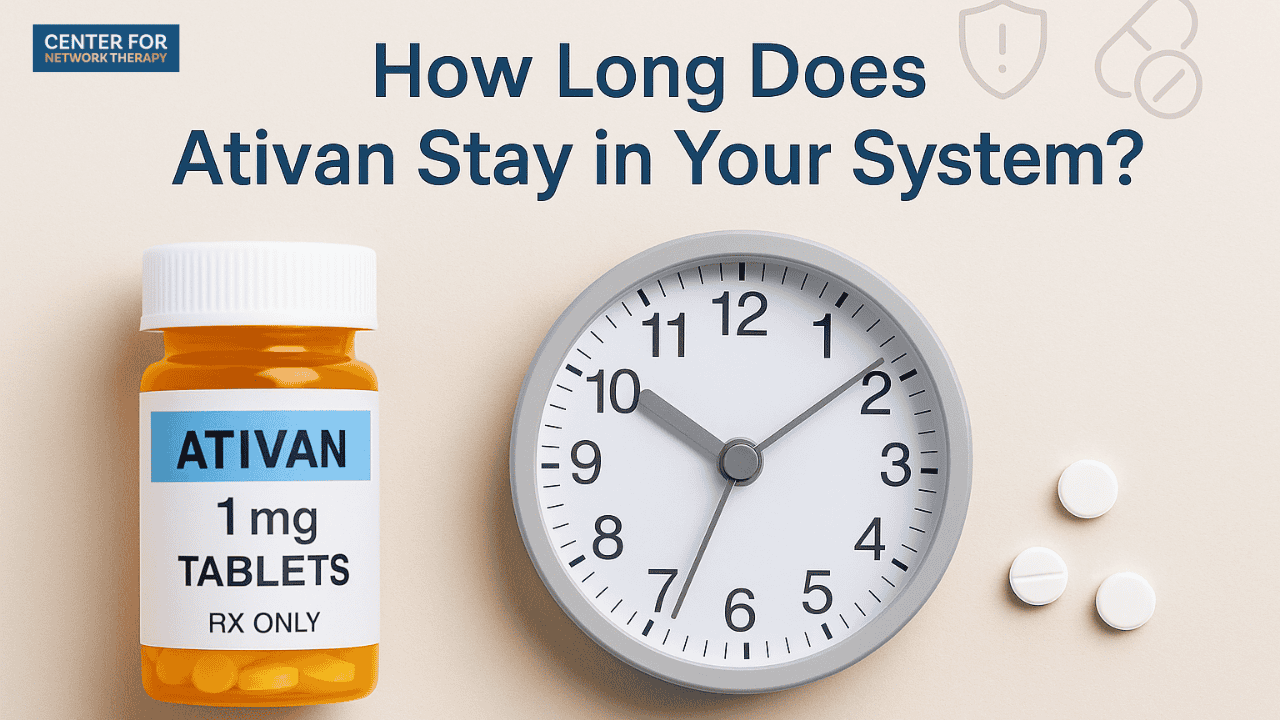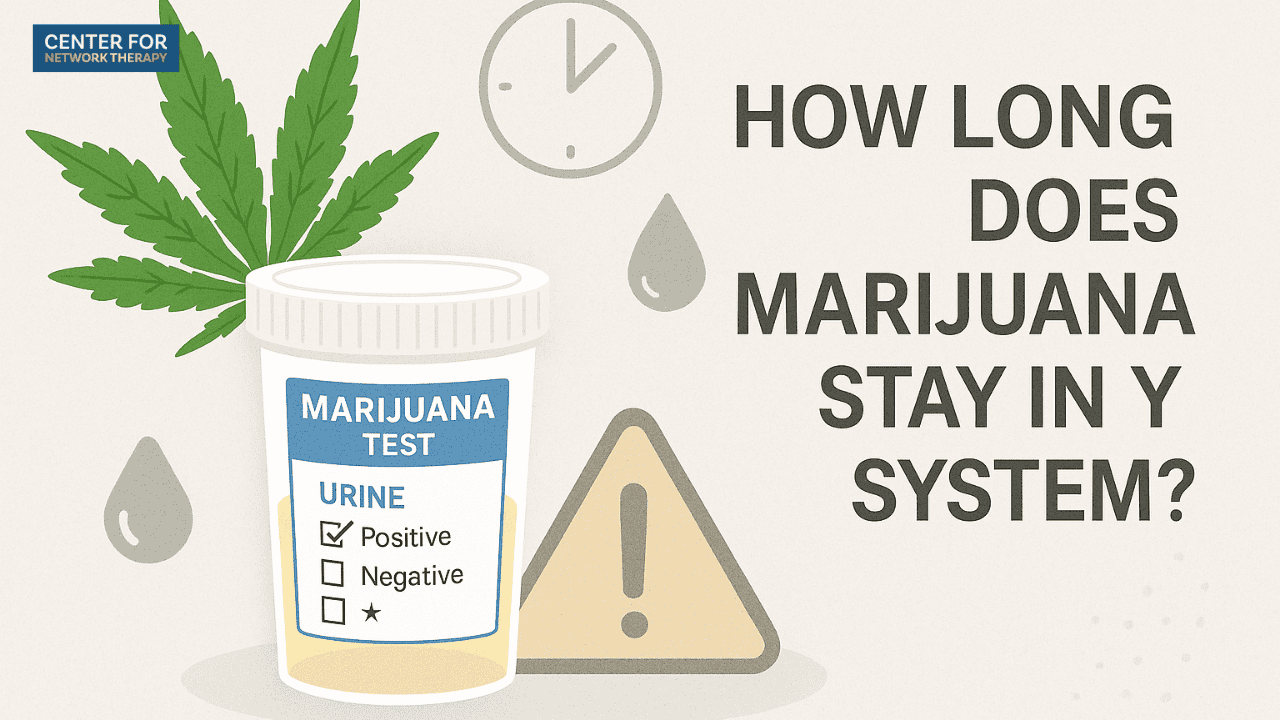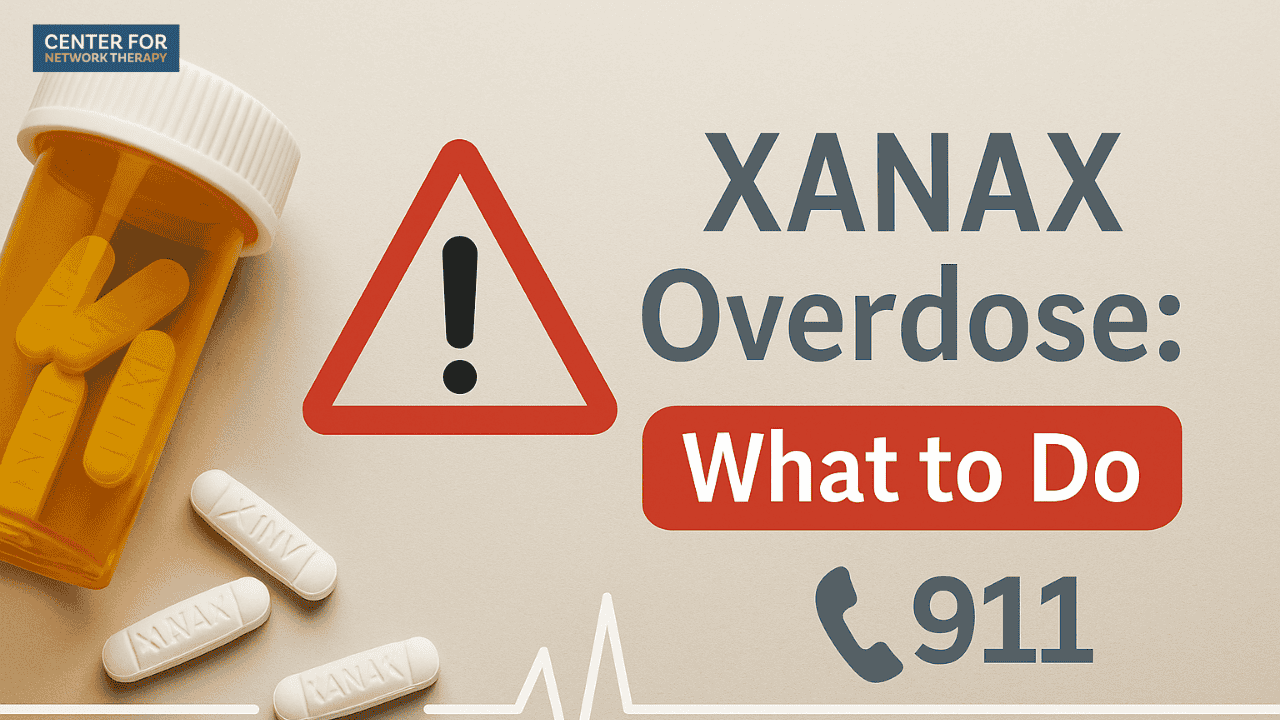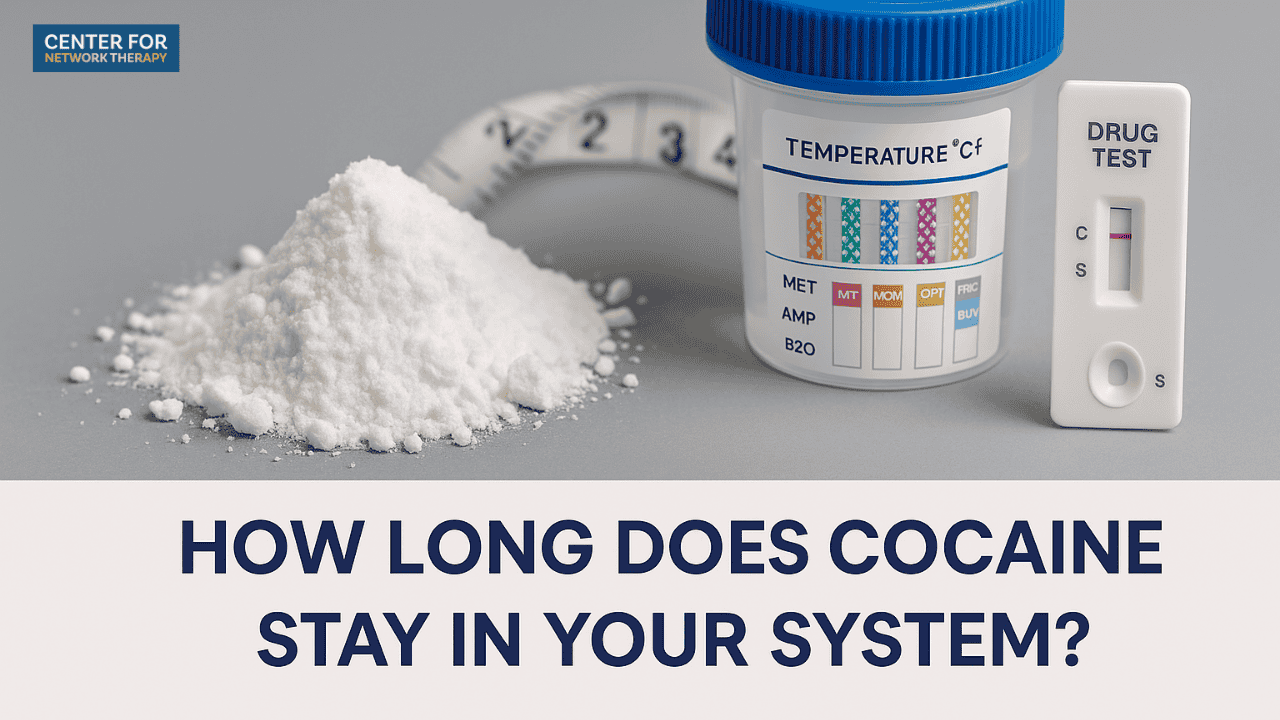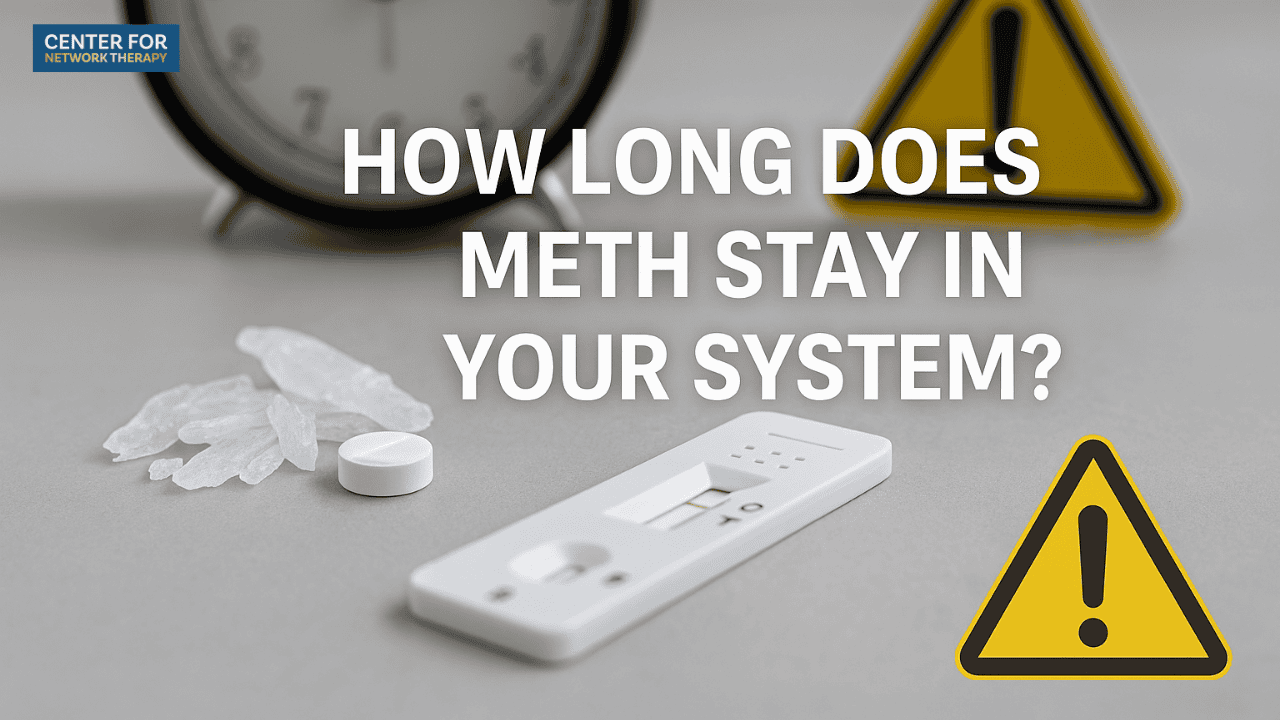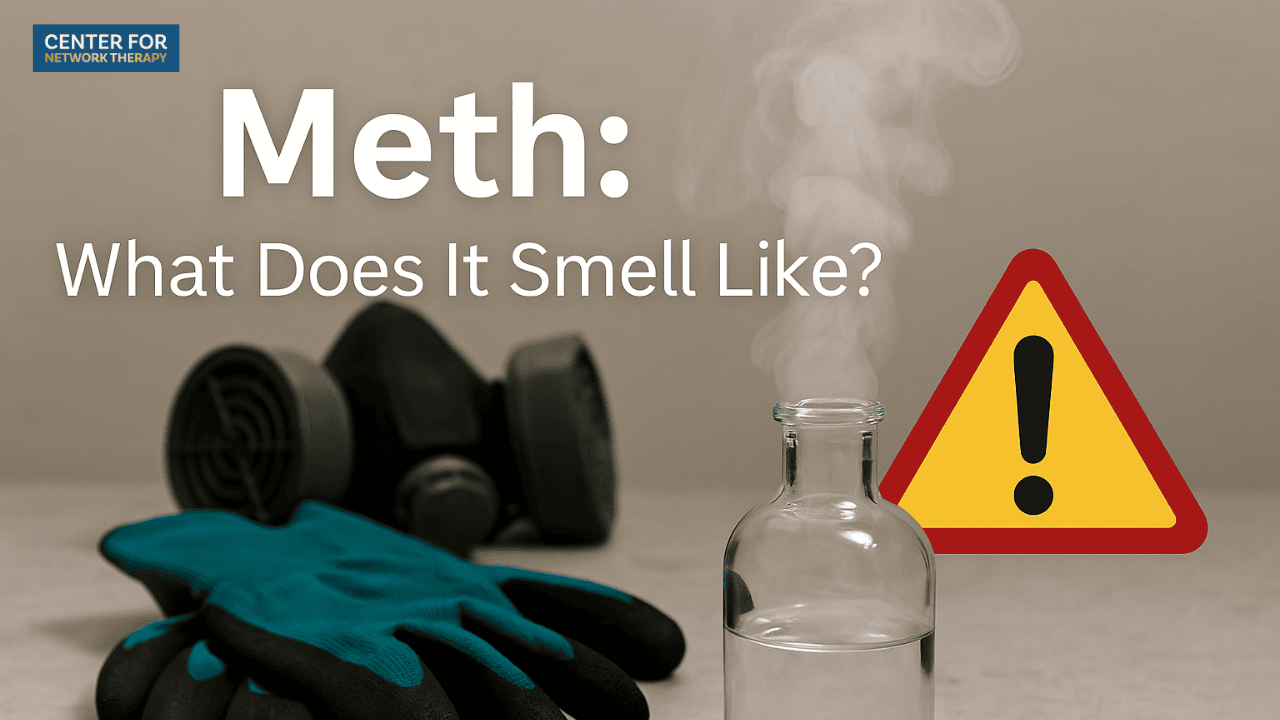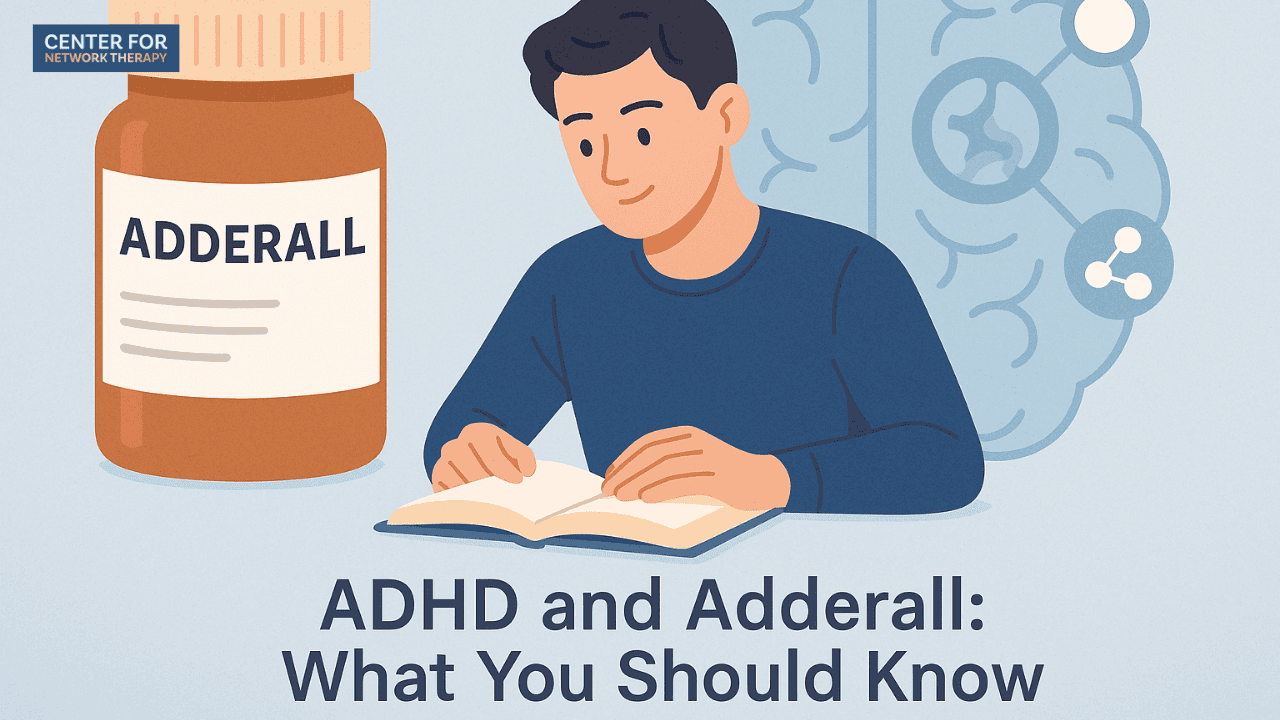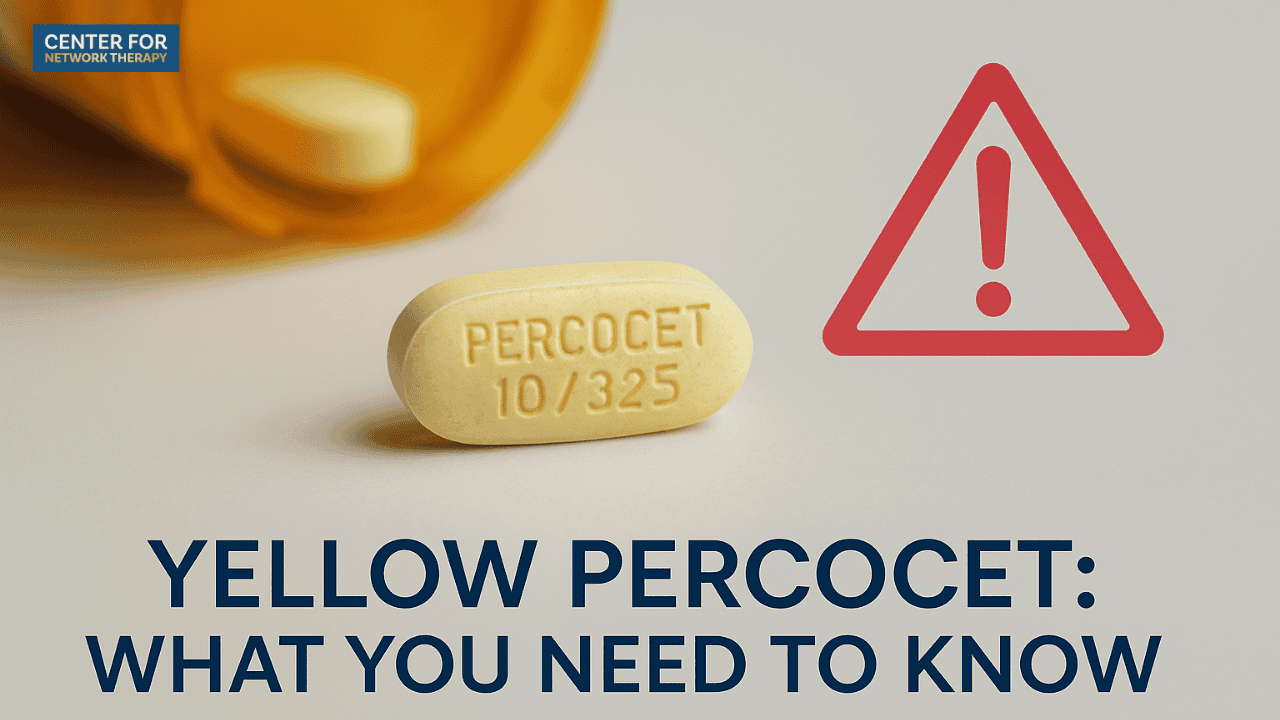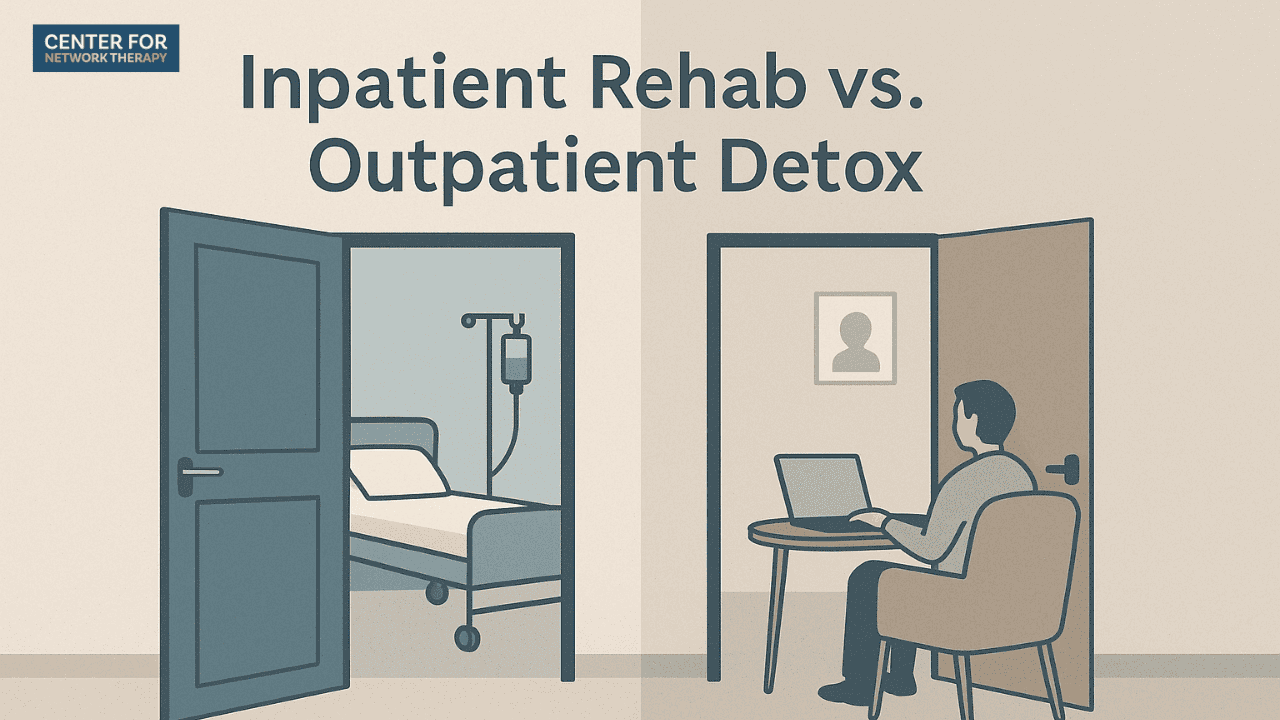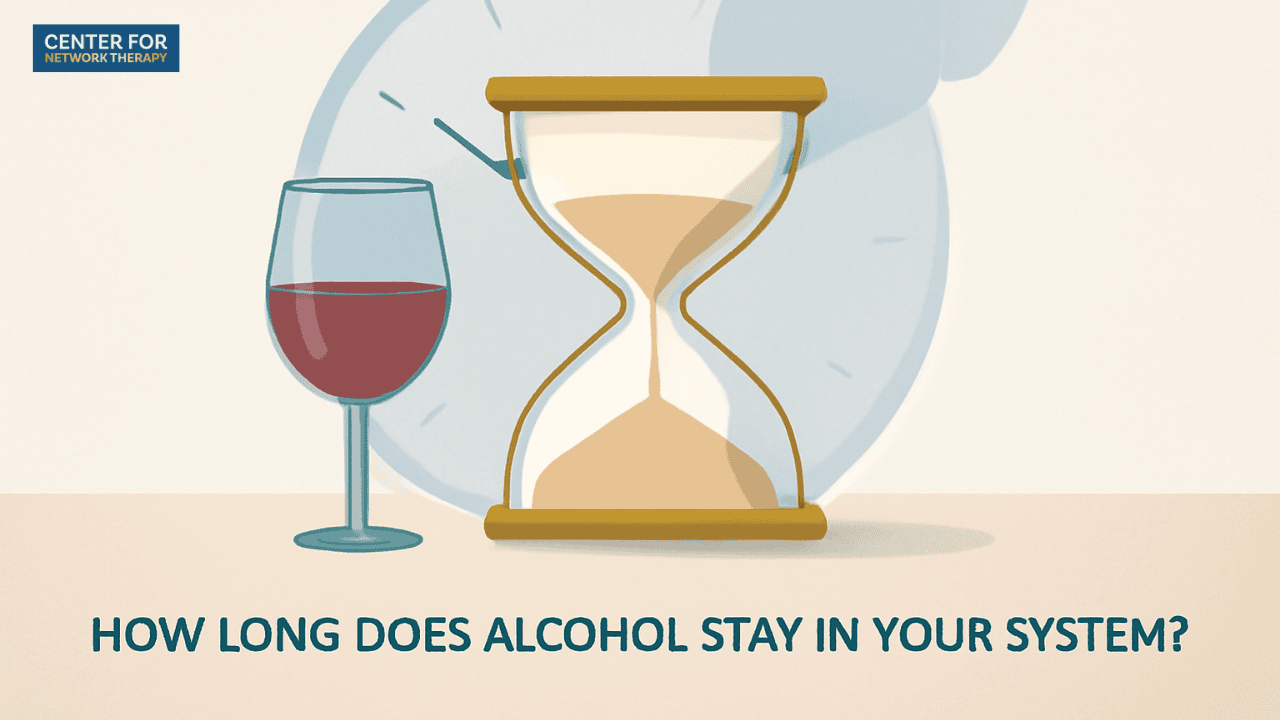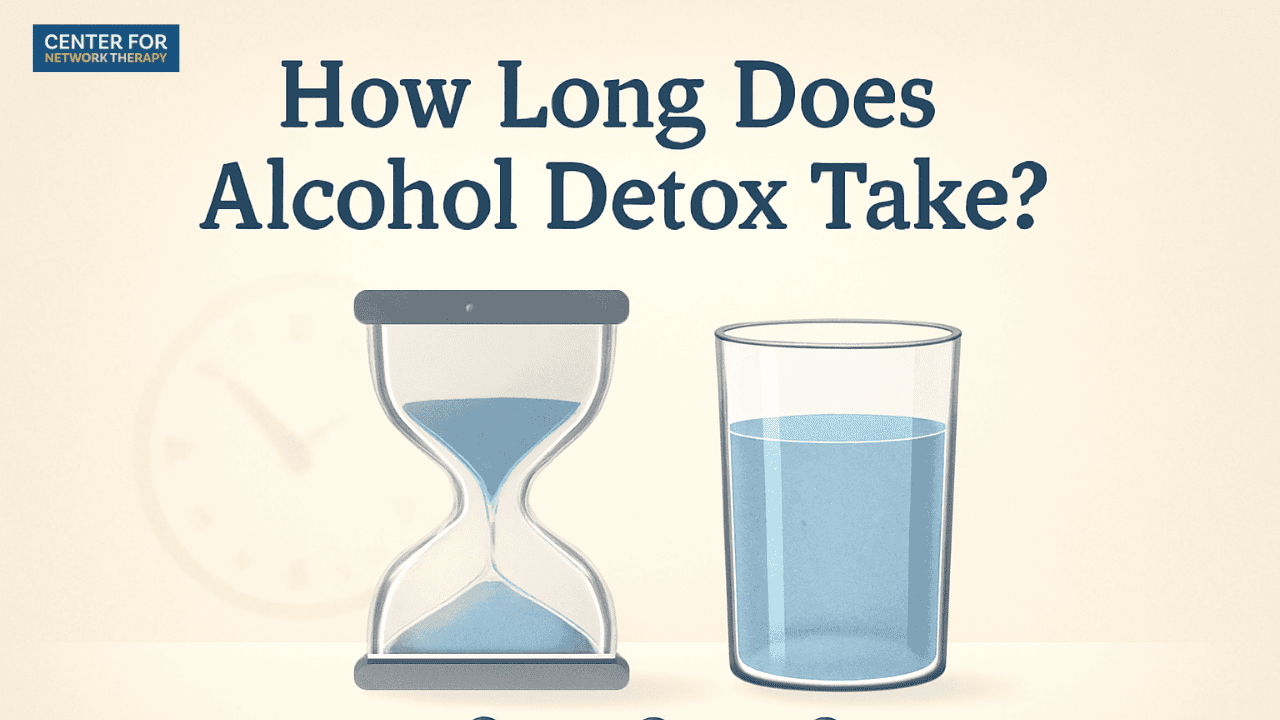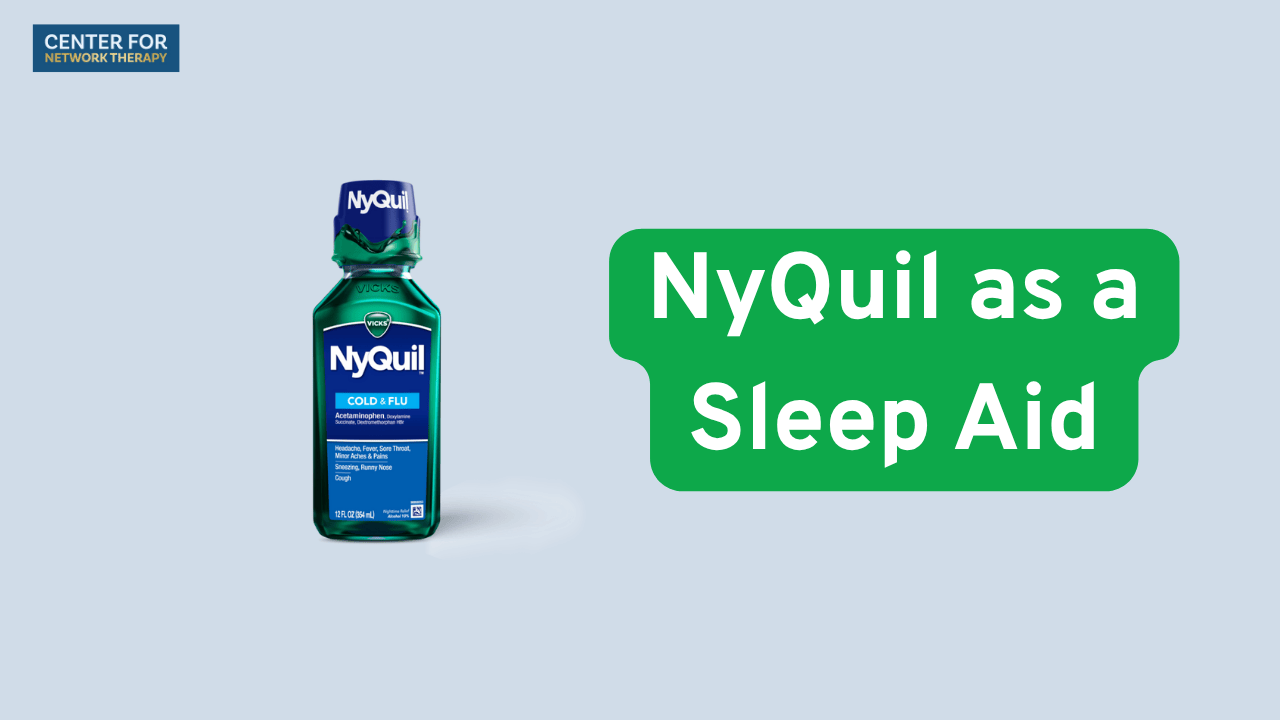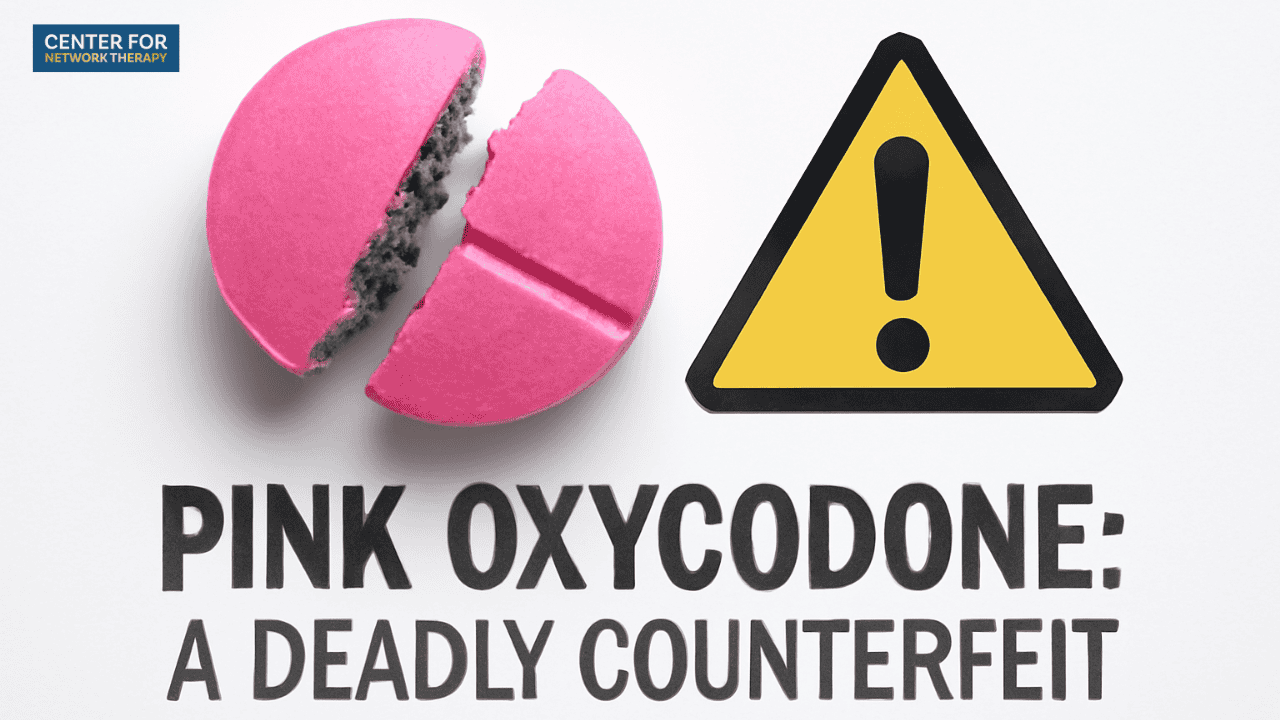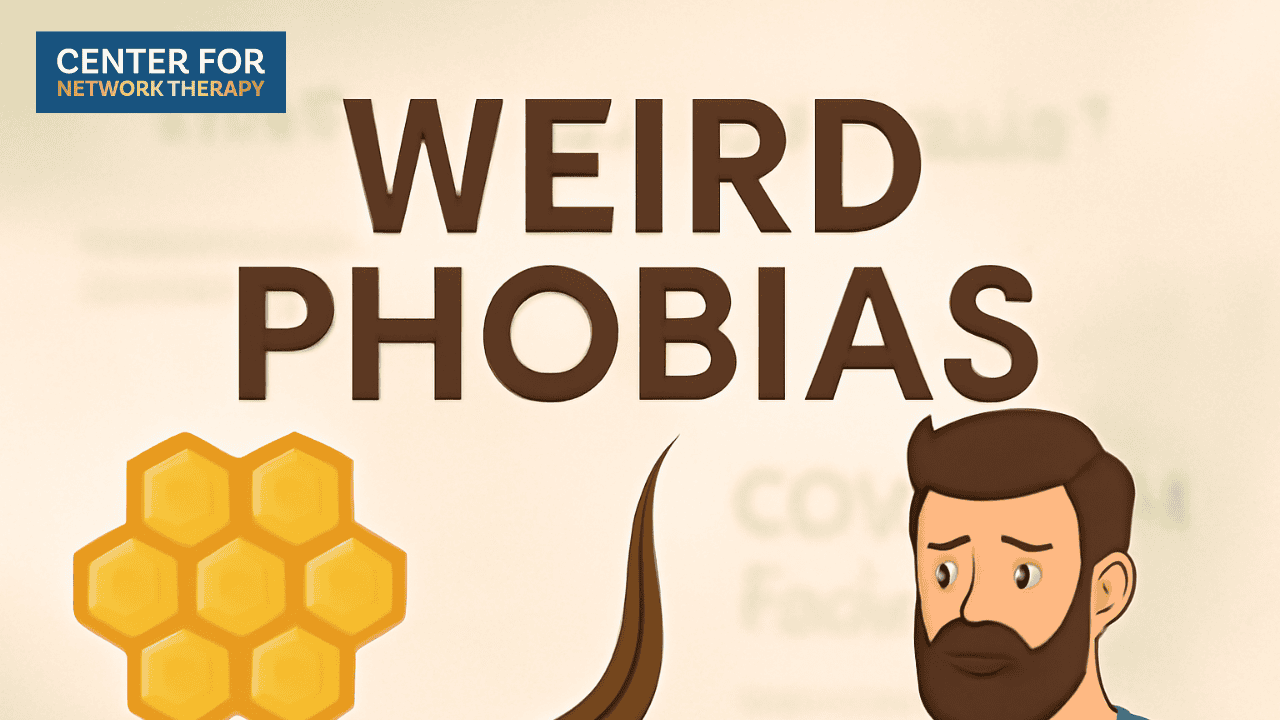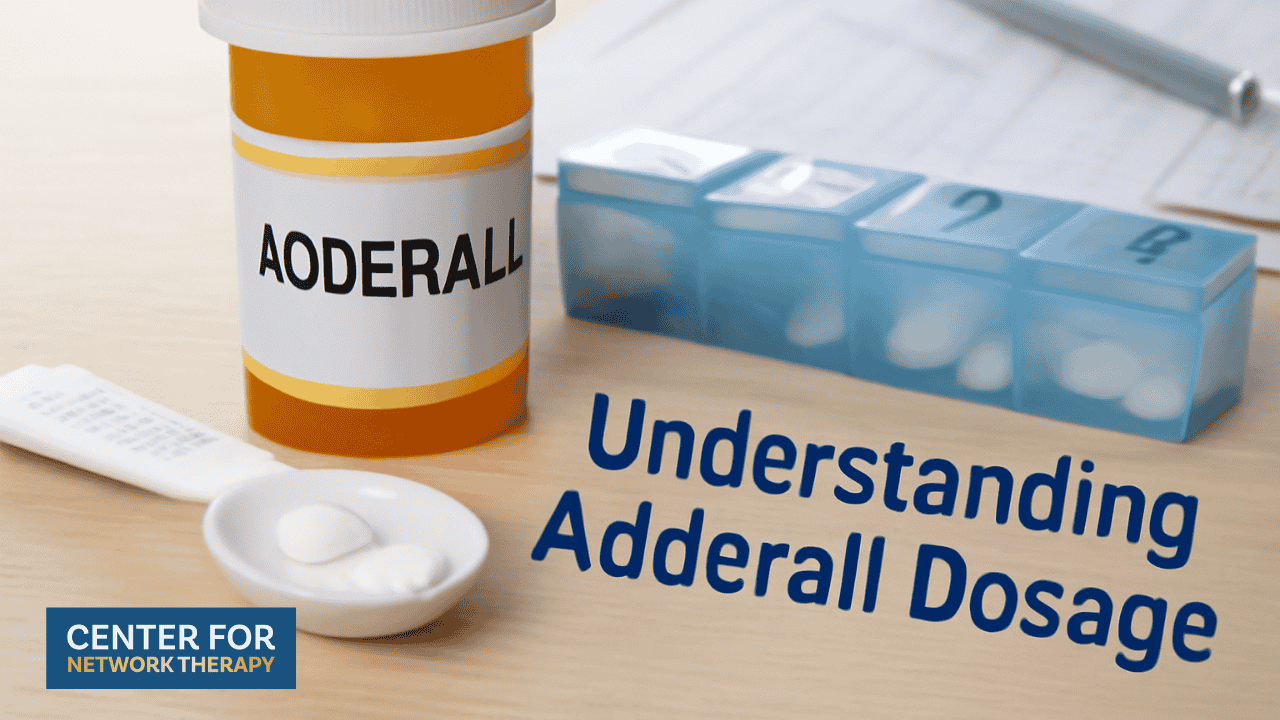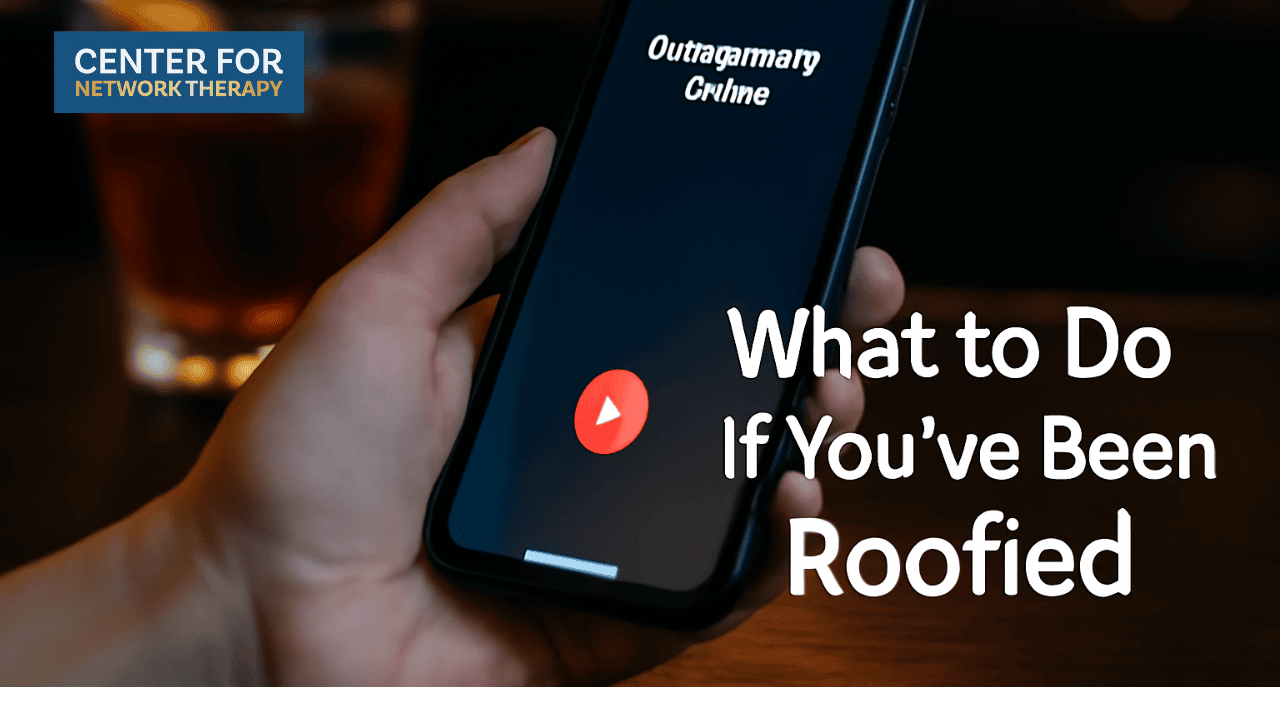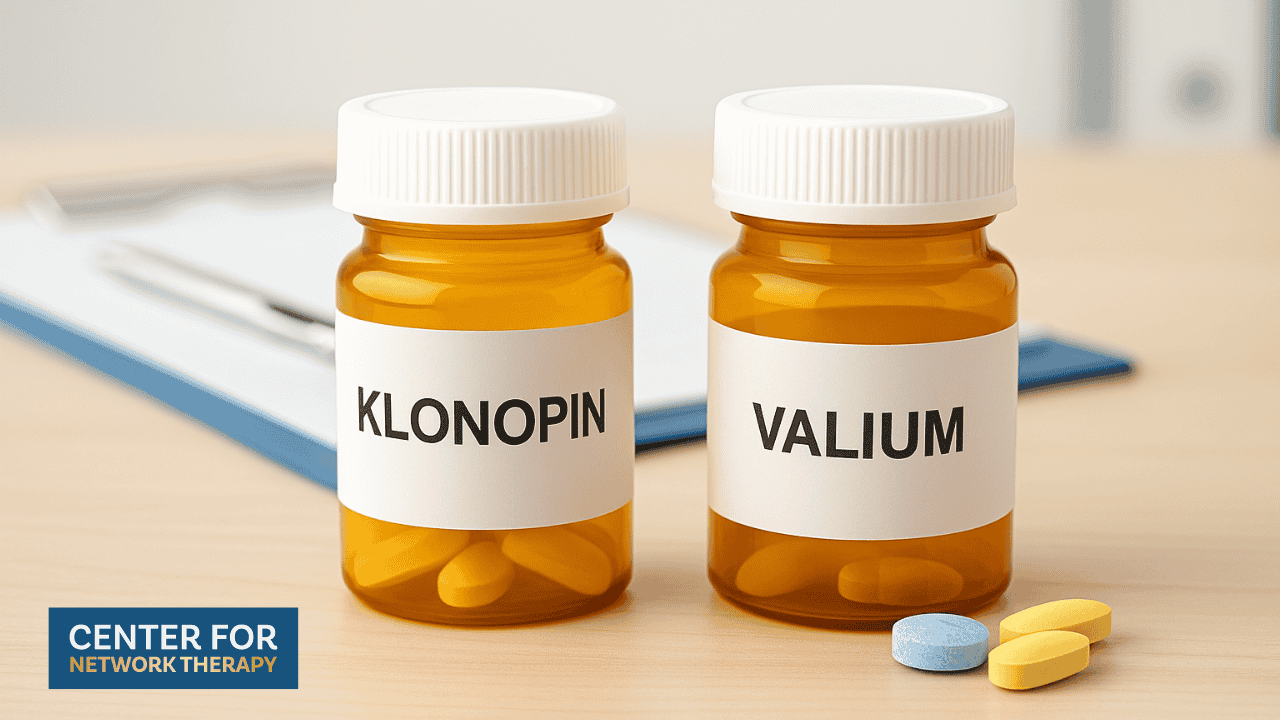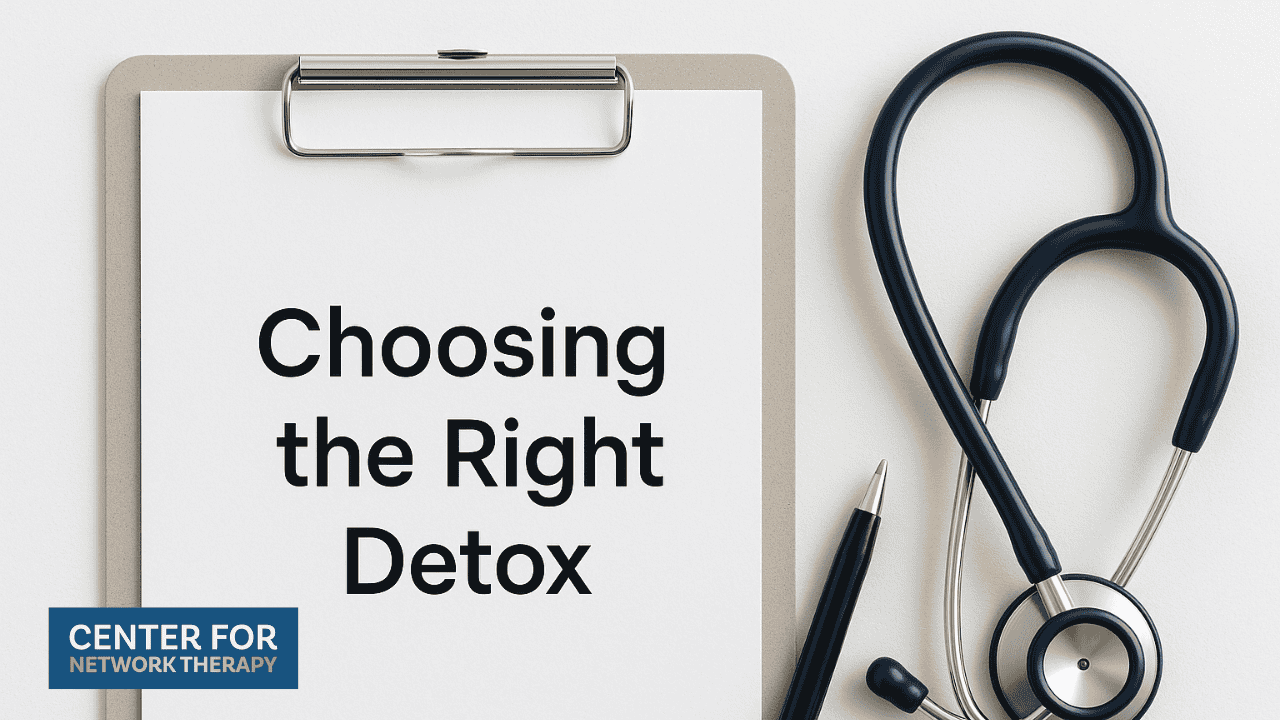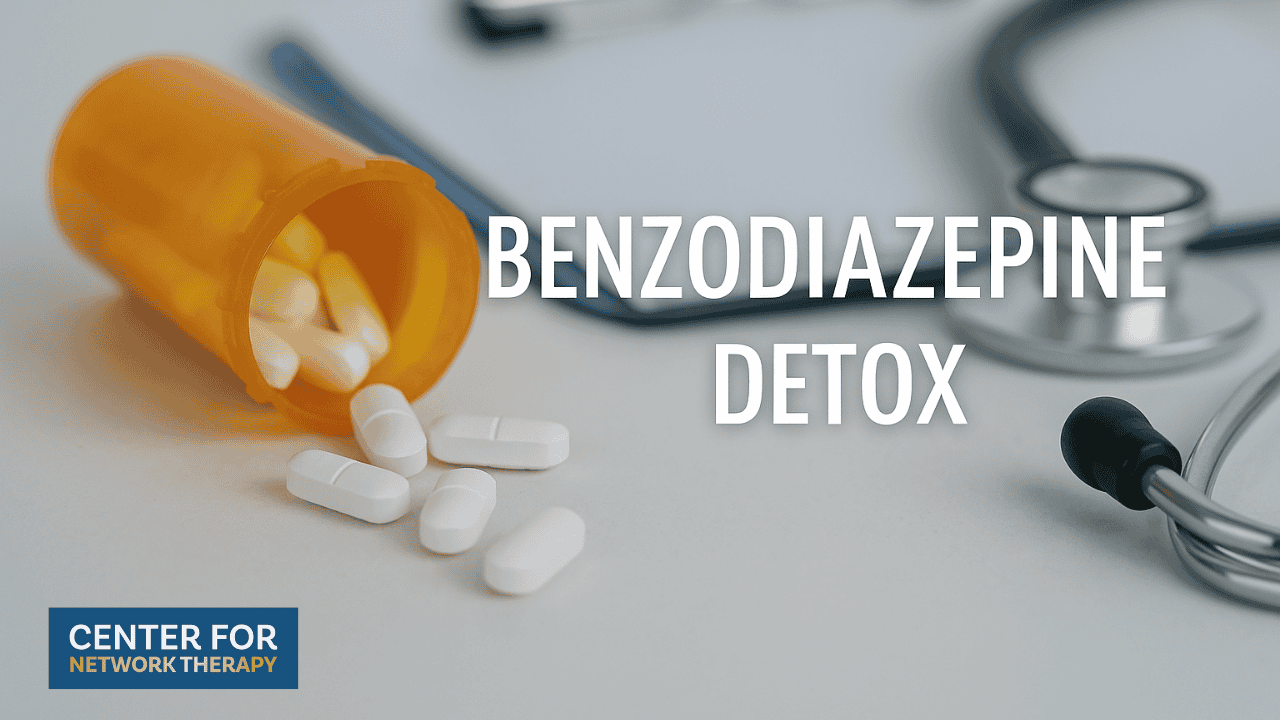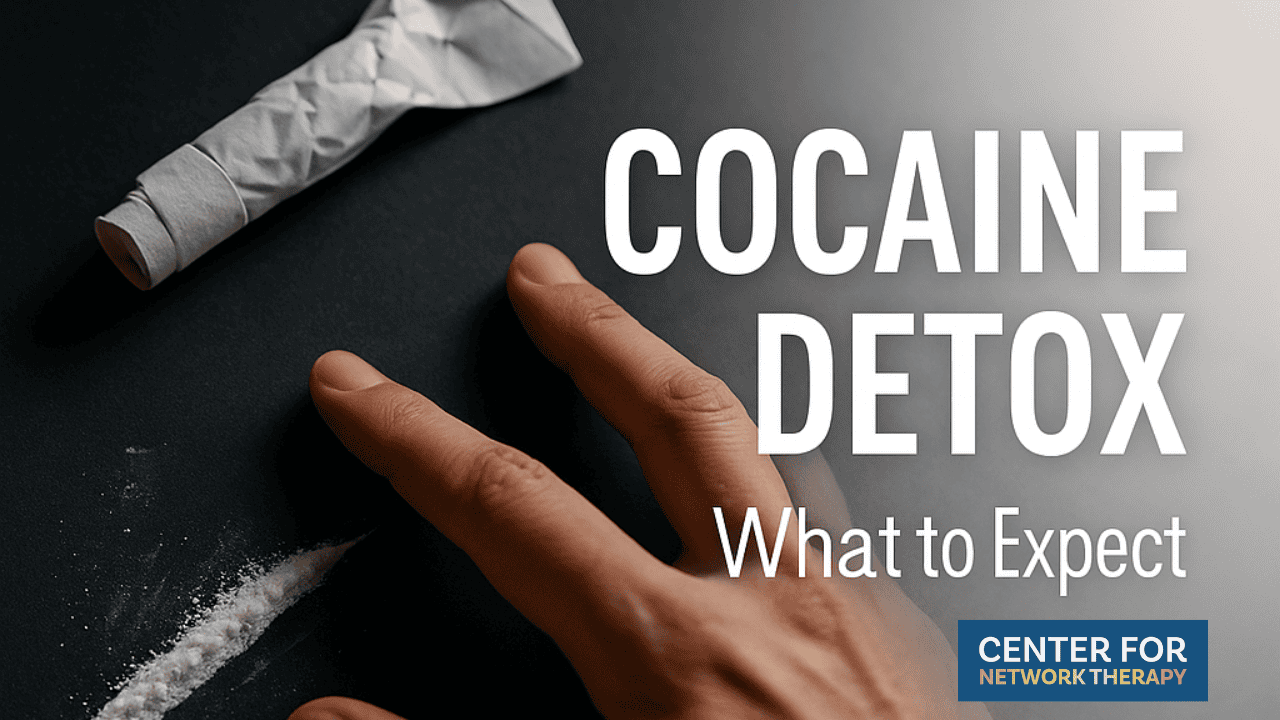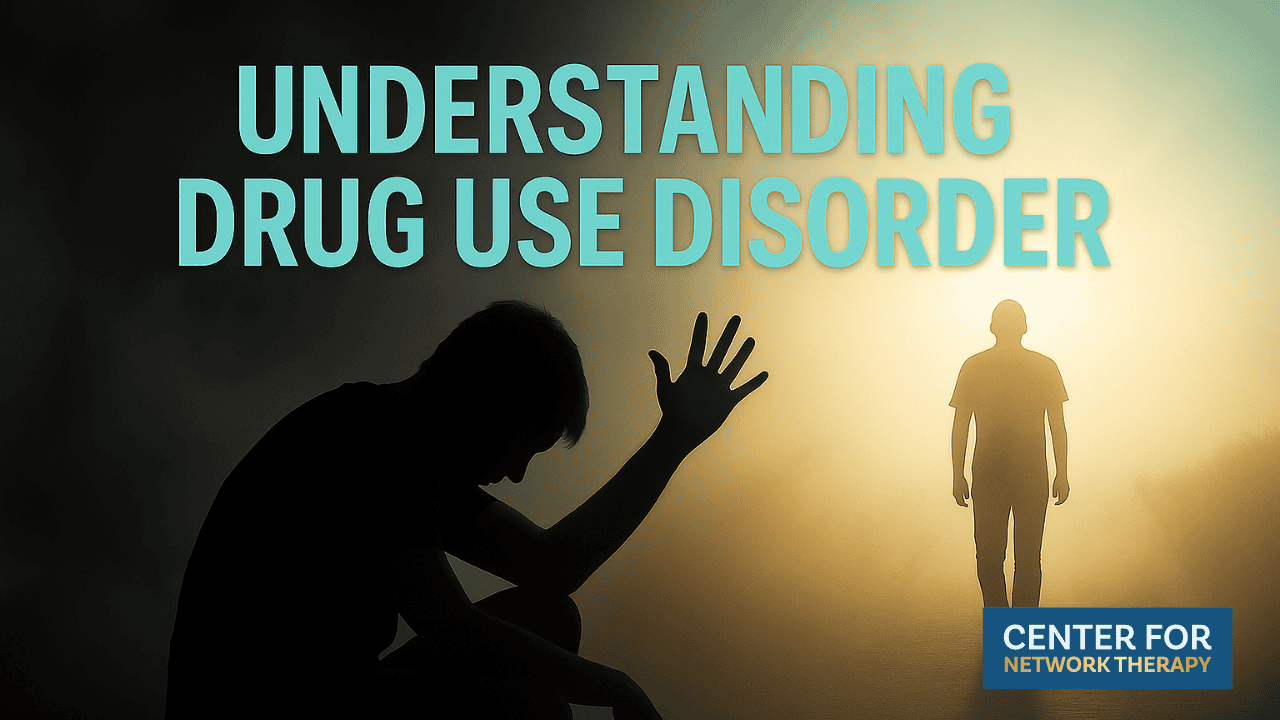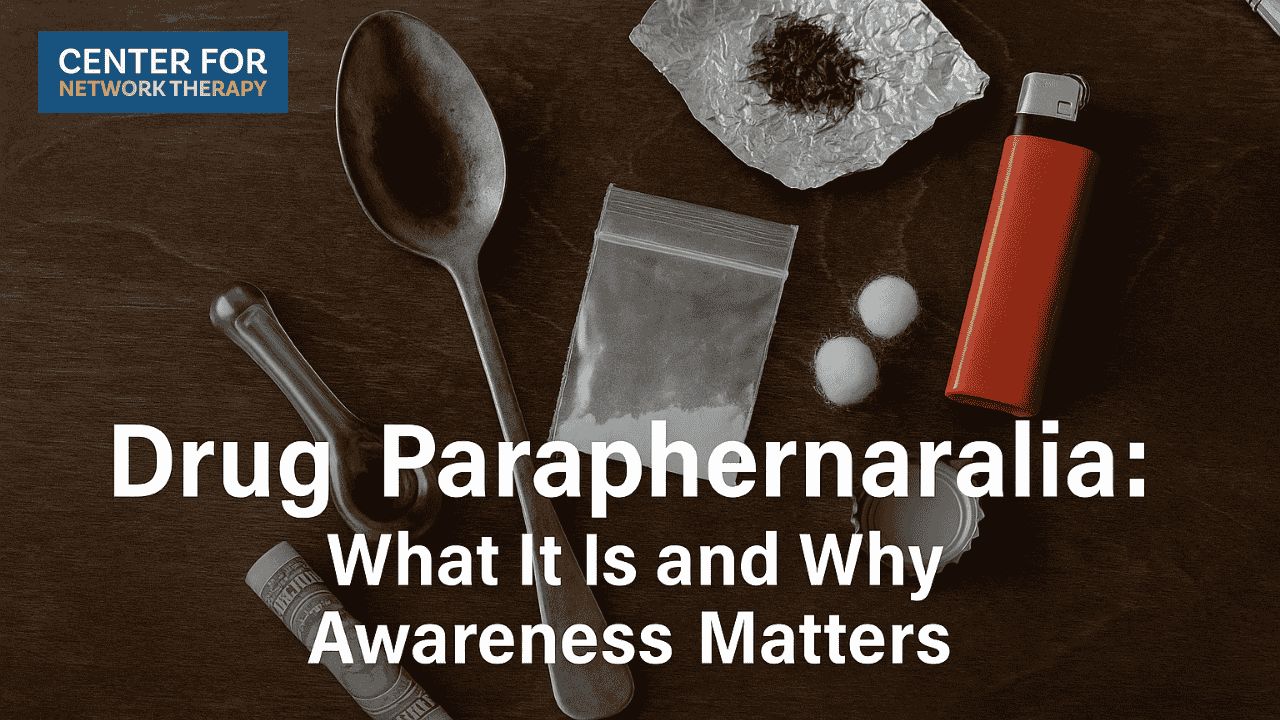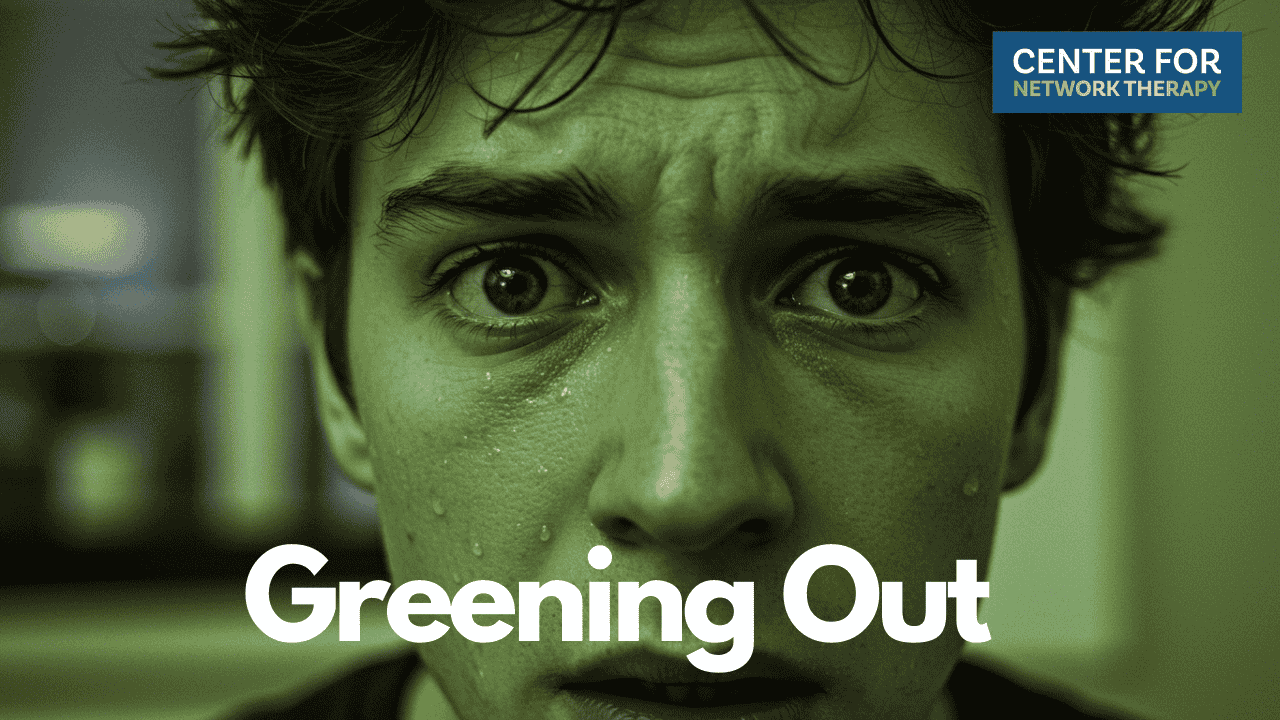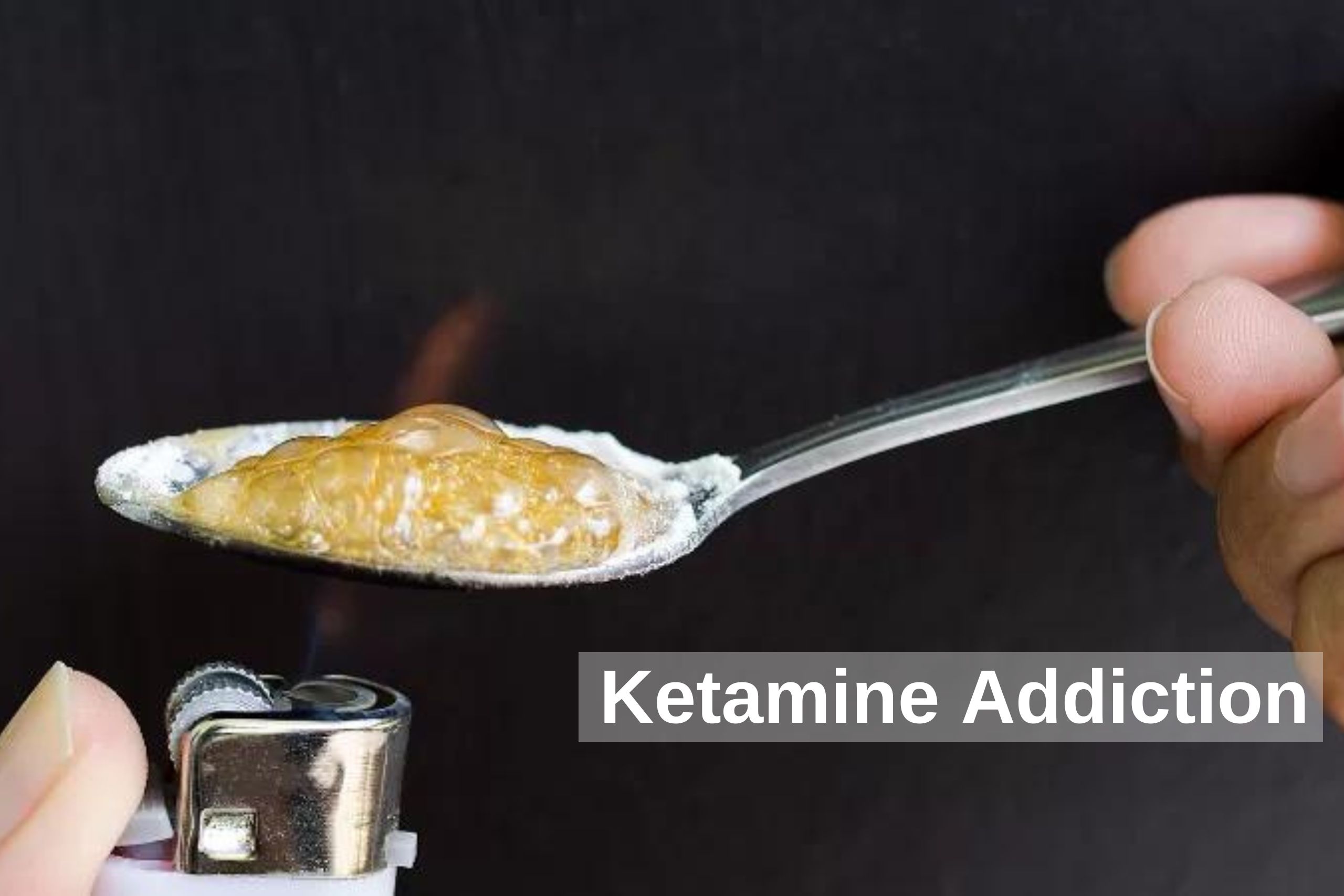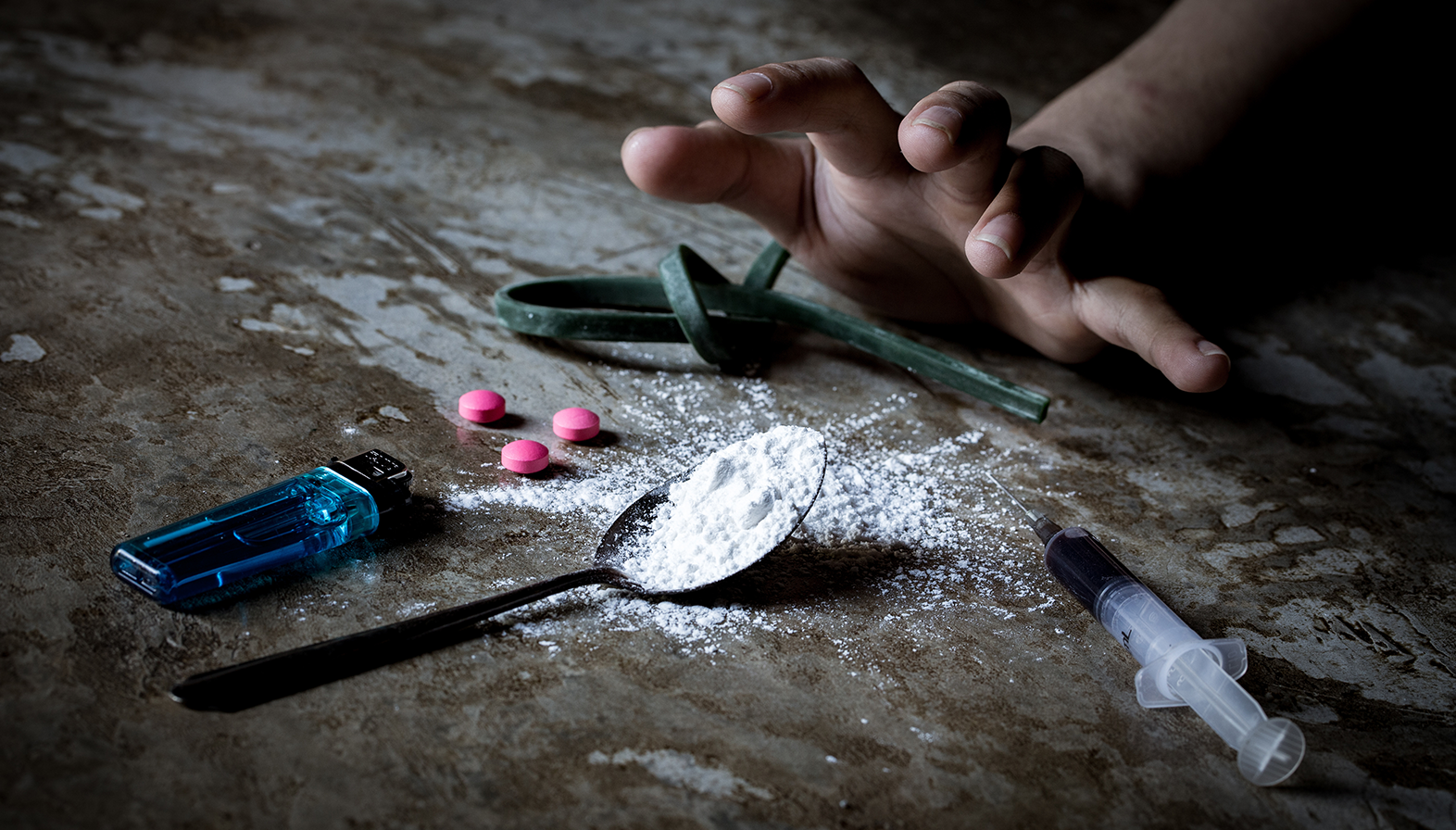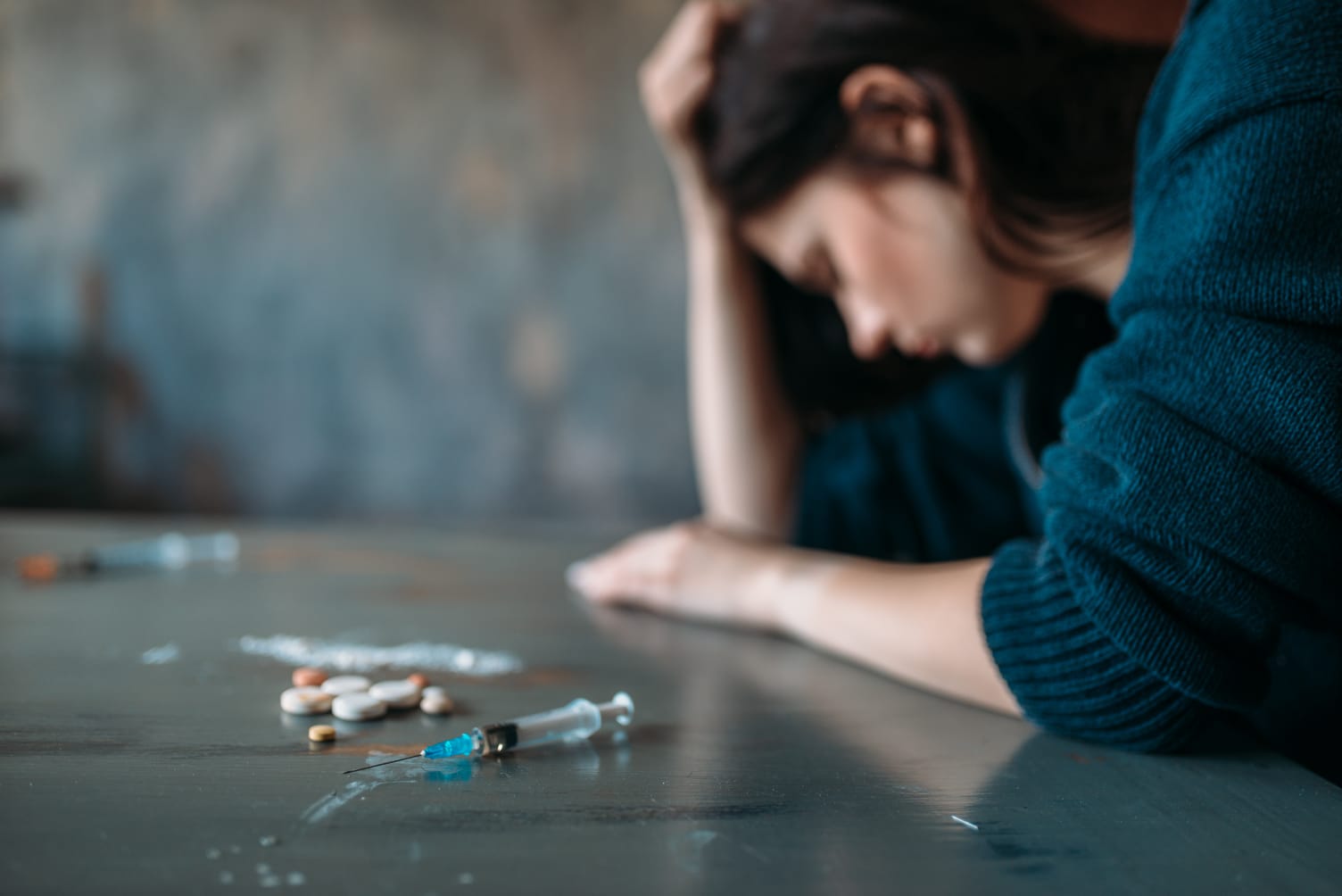Table of Contents
TogglePlaying Through Pain : NFL Gets Yellow Flag For Opioid Misuse
Addiction Expert Dr. Indra Cidambi provides insight into the consequences of using opioid pain medication to mask pain in order to continue to play

New York, NY – March 31, 2017 –
As per research* by Washington University, retired National Football League (NFL) players misused opioid pain medications at a rate four times greater than the average.
The study provides a rare look into the NFL’s relationship with medications and how team doctors manage the pain in a physically bruising sport to keep players on the field.
“Professional football players and athletes have a long life to live after retirement and misuse or abuse of opioid pain medication can have serious long-term consequences, including addiction,” says Dr. Indra Cidambi, Addiction Medicine Expert & Medical Director at the Center for Network Therapy.
Dr. Cidambi believes most professional athletes and football players do not get the complete picture about the medications they are taking in order to make informed decisions.
“They need to understand that opioid pain medications are designed to treat acute pain in the short-term and they should be used in conjunction with rehabilitative therapy so that the patient can be switched to non-addictive medications.” Professional athletes need to consider the following:
Opioid Use Does Not Enhance Physical Performance
Professional football players have to realize that using opioid pain medications is more likely to slow a person down than enhance physical capabilities. “Professional athletes are willing to cross the limit in opioid pain medication use for one reason – to be able to continue to perform near-peak despite injuries,” says Dr. Cidambi. Opioids, however, can cause euphoria, decrease anxiety, provide a false sense of invincibility and illusions of athletic prowess beyond their abilities, which may help a player psychologically, but increase the danger of further injuries.
When opioid pain medications are used to mask pain in order to continue playing, players may find that they have not given time for their current injuries to heal and have actually made the injury worse.
Live After Retirement – Stay Healthy
“Most professional athletes and ball players end their sports careers at an age when others are just getting going in theirs,” notes Dr. Cidambi. “They have a long life to live after they retire from their sport and long-term use or misuse of opioid pain medication has serious consequences.” Dr. Cidambi cautions that long-term (over six months) use of opioid pain medication actually increases one’s sensitivity to pain, requiring higher doses. Continued use also leads to decreased energy and drive, daytime sedation and sleepiness and constipation.
Ingesting higher doses over the long-term will likely cause tolerance and dependence, which can lead to brain damage due to respiratory depression (Hypoxia). The risk of overdose is always present.
Retirement is Traumatic
Opioids May Provide Escape“Professional athletes retire from their sport at a very early age. They usually have not had the time to develop other skills or even hobbies,” says Dr. Cidambi. “So they enter retirement in a vacuum and they also find that the media’s attention has moved on to the emerging star in their sport. They oftentimes suffer from a chronic injury resulting from ignoring rehabilitative treatment and using opioid medications to play through their pain.” Consequently, they face tremendous trauma in their life at retirement.
“In the absence of a strong social support system, it is easy for them to turn to pain pills to mask their feelings and escape from reality, especially if they have misused pain pills during their careers.”
Chronic Opioid Use Will Likely Lead to Addiction
When used over an extended period, opioid pain medications do not work well due to increased tolerance and sensitivity to pain requiring higher doses of medication to achieve a similar effect. Dr.Cidambi notes, “This is a trap many legitimate users of pain medications fall into and they are unable to quit, as their bodies have become chemically dependent to the medication.” This dependence is real and severe, as they face acute withdrawal symptoms (shakes, chills, etc.) when they try to quit or switch to non-narcotic pain medications. “So they keep taking the pain pills in order to be able to feel normal and function.”
Coming Off Opioids Is Not Easy, But Doable
Opioid pain pills can be very addictive – they are made from the same stuff as heroin! Additionally, the fear of facing withdrawal symptoms keeps the user from trying to quit. But detoxification centers can make the process of weaning off of opiates easier by using medication-assisted treatment (usually buprenorphine). “Medication alone is not the answer,” cautions Dr. Cidambi. “The person who has become dependent on opioids also needs therapy to effect needed lifestyle changes and find other modalities of care to alleviate the pain.” Yoga, meditation, biofeedback, and acupuncture could be introduced to deal with the pain and lead a healthy life.
For more information on opioid abuse and addiction or to learn more about the Center for Network Therapy please visit, www.RecoveryCNT.com.
About Dr. Indra Cidambi
Indra Cidambi, M.D., Medical Director, Center for Network Therapy, is recognized as a leading expert and pioneer in the field of Addiction Medicine. Under her leadership the Center for Network Therapy started New Jersey’s first state-licensed Ambulatory (Outpatient) Detoxification program for alcohol, benzodiazepines, and opiates four years ago. Dr. Cidambi is Board Certified in General Psychiatry and double Board Certified in Addiction Medicine (ABAM, ABPN). She is fluent in five languages, includingRussian.3
About Center for Network Therapy
Center for Network Therapy (CNT) was the first facility in New Jersey to be licensed to provide ambulatory (Outpatient) Detoxification Services for all substances of abuse – alcohol, anesthetics, benzodiazepines, opiates and other substances of abuse. Led by a Board Certified Addiction Psychiatrist, Indra Cidambi, M.D., experienced physicians and nurses closely monitor each patient’s progress. With CNT’s superior client care and high-quality treatment, Dr. Cidambi and her clinical team have successfully detoxed over 1,000 patients in nearly four years. The Center for Network Therapy also offers step down to Partial Care (PHP and Intensive Outpatient (IOP) levels of care.
* The study was conducted by researchers at Washington University in St. Louis School of Medicine and was commissioned by ESPN, with additional funding provided by the National Institute on Drug Abuse, a division of the U.S. Department of Health and Human Services.**Reference Articles: https://www.washingtonpost.com/sports/redskins/nfl-abuse-of-painkillers-and-other-drugs-described-in-courtfilings/2017/03/09/be1a71d8-035a-11e7-ad5b-d22680e18d10_story.html?utm_term=.368d434c42e7# # #
Related Articles
Little Known Reasons Why You Should Take Outpatient Drug Treatment




